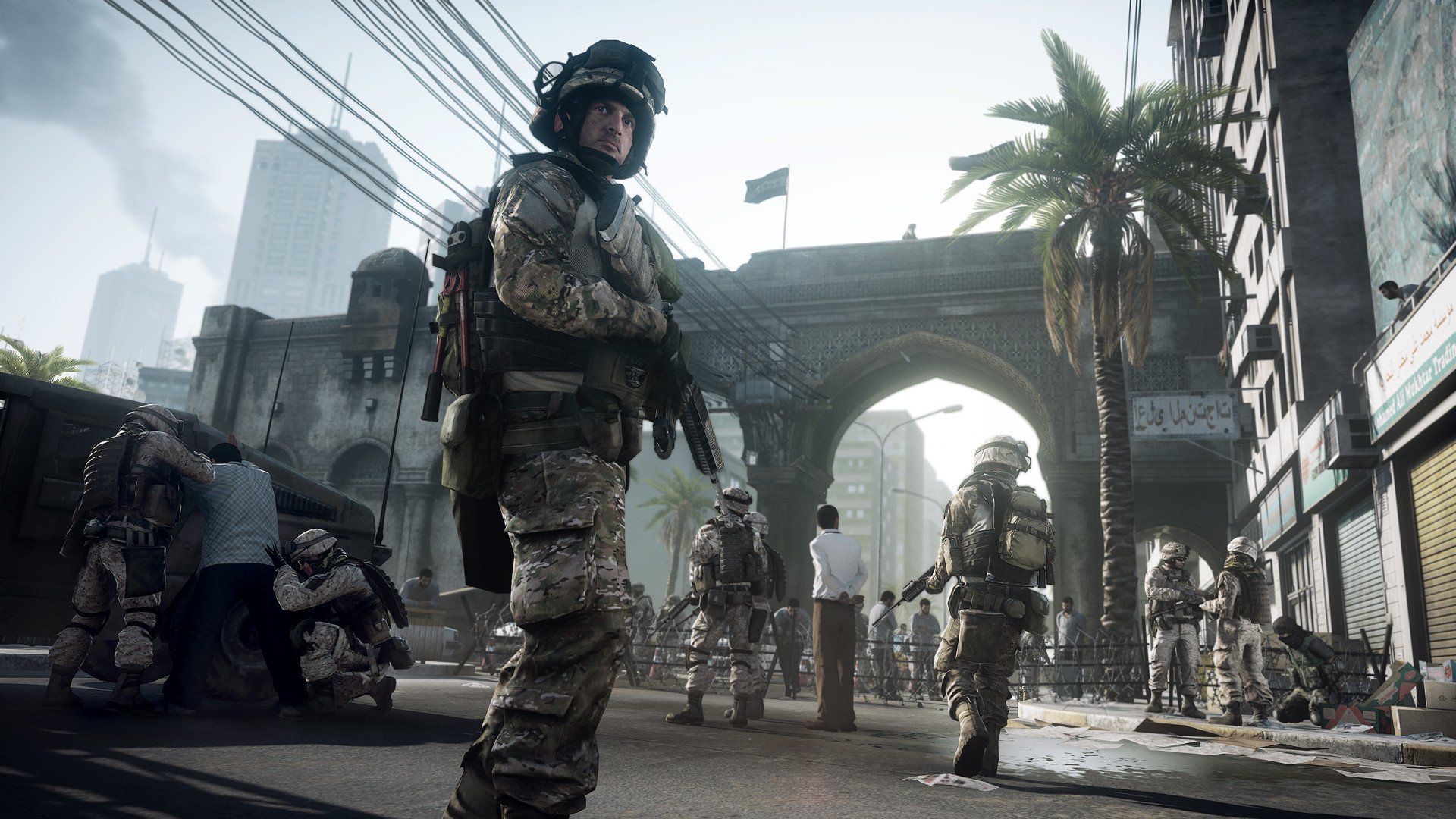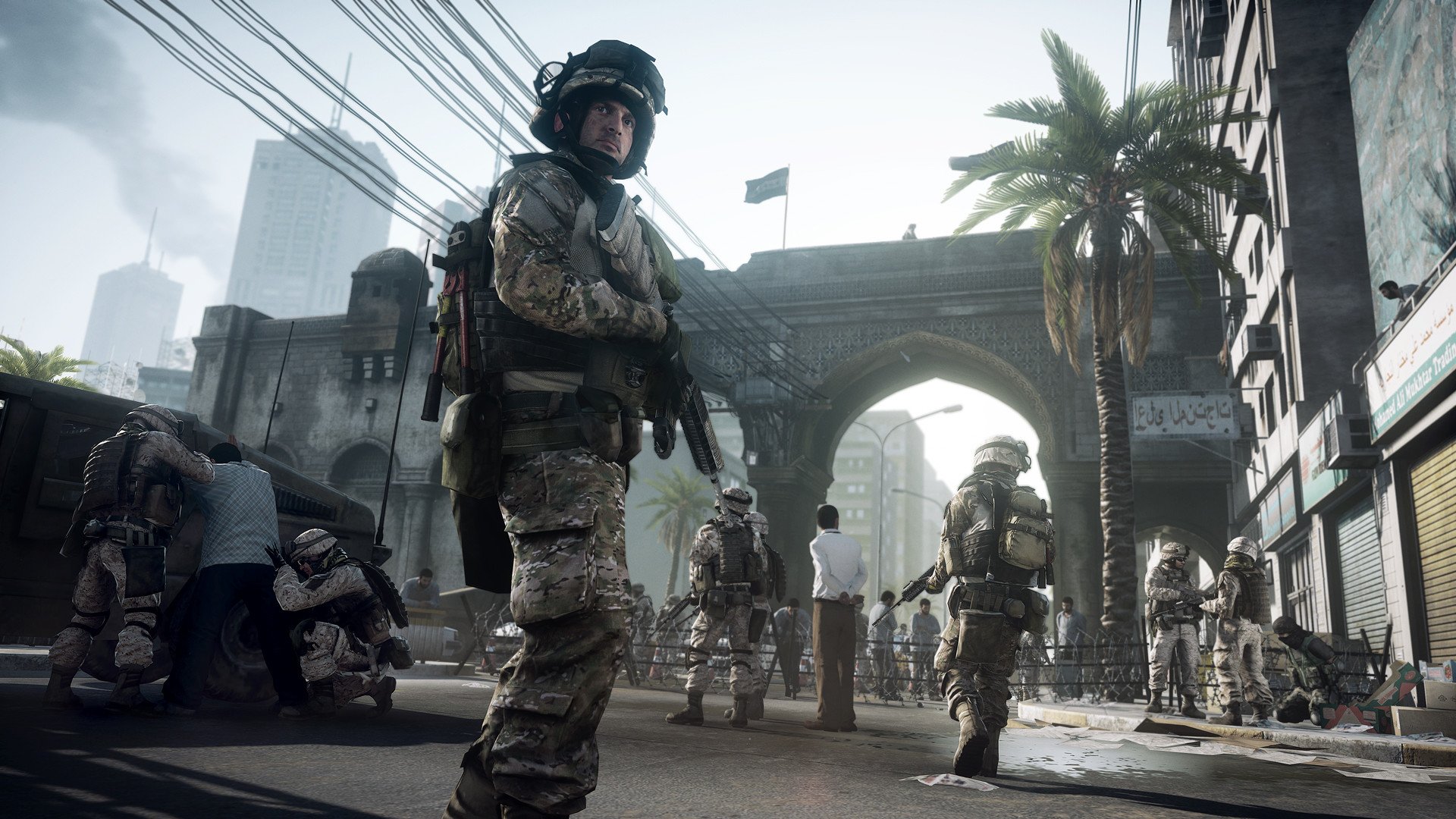
Unity’s CEO is the same guy who once thought of charging users to get faster reloads in Battlefield during his tenure with Electronic Arts.
- Unity Technologies recently closed its Austin and San Francisco offices due to a credible death threat.
- This model, set to start in 2024, faced criticism for its potential negative impact on developers.
- The incident highlights the importance of clear communication and understanding stakeholder impact for businesses.
Following a plausible death threat, Unity Technologies, a well-known software development business, had to close some of its US operations. Austin, Texas, and San Francisco, California, offices were affected by the sudden closure. The incident, which is currently under investigation, happened on the same day as a company-wide gathering at which Unity CEO John Riccitiello was supposed to give a speech.
The safety of its employees was Unity’s top priority, as stated in an official statement from the company:
Today, we have been made aware of a potential threat to some of our offices.
We have taken immediate and proactive measures to ensure the safety of our employees. We are closing our offices today and tomorrow that could be potential targets for this threat and are fully cooperating with law enforcement on the investigation.”
A Bloomberg story states that the event was reported to the San Francisco Police.
An employee threatened the employer on social media, according to a statement provided to Polygon. This worker supposedly works for a company located outside of California.

The threat followed a substantial backlash against Unity as a result of a divisive modification to its business plan. Unity’s new pricing model was unveiled on September 12 and imposes fees on developers each time a game created using its engine is installed, provided that specific install or revenue thresholds are met. With its effective date set for January 1, 2024, this approach has caused significant dissent among developers. Concerns were voiced by developers, who claimed that the new structure would penalize them for offering their games for sale or combining them with other titles in bundles or subscription services.
A number of studios and developers voiced their displeasure, claiming the increased costs are bad for business and might be interpreted as going against Unity’s terms of service. Unity’s announcement of the move was met with criticism as well, with accusations that it was misrepresented and possibly misleading. There are serious potential ramifications for game production timeframes; some developers even threatened to abandon Unity’s engine unless the decision was overturned.
Unity has made an effort to address these issues and clarify the conditions in the face of the strong criticism, but it has not indicated that it will abandon the suggested pricing structure. Moreover, uncertainty was caused by Unity’s decisions, particularly with regard to the several installation prices. Multiple installs would count against the cost threshold, notwithstanding an early statement from a Unity employee to the contrary. This ruling was later overturned once more, demonstrating the turbulent introduction of the new price structure.

The clamor is not unheard of in the casino sector. Death threats and malicious acts have a long and illustrious history in the video game business. For example, a fake hostage report forced the evacuation of Unisoft Montreal in 2020. In 2022, a malicious user sent menacing SMS and voicemails to staff members of Destiny 2 developer Bungeire.
In a more recent instance, authorities were called in after an anonymous online user threatened to kill a professional League of Legends player.
Employee resignations are apparently occurring in response to Unity’s recent activities, which is a red flag of internal conflict over the company’s decision-making. Although the threat of death is unsettling and frightening, its veracity is questionable. Some people frequently fabricate a complex deception in order to portray themselves as the victims and win over others to their cause.

All things considered, this episode highlights the many difficulties companies may encounter while making big adjustments. A company’s ability to navigate the intricate waters of the modern corporate climate depends heavily on its capacity to communicate clearly, comprehend the impact on stakeholders, and respond to criticism effectively.
